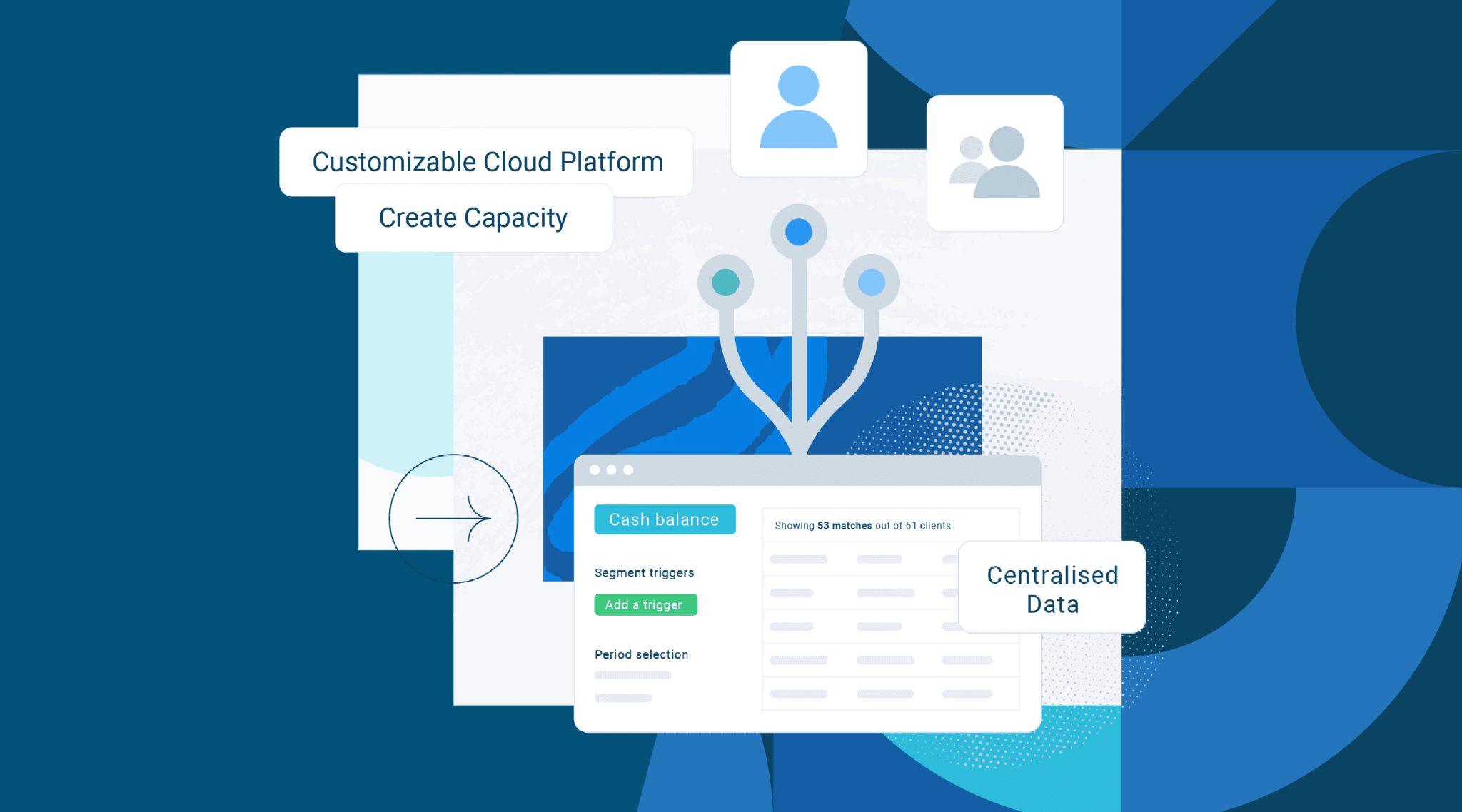Why connected accounting helps you open up new revenue streams.
Most of us have a general grasp of the theory of evolution, even if we’re not experts in evolutionary biology: species change over time and only the fittest survive. Indeed, the idea that species gradually evolve over many generations, adapting to changes in the environment, is a scientific cornerstone.
Likewise, unless we adapt and evolve with the changing corporate landscape, we risk getting left behind. But more positively, if we do grasp the opportunity to change before we are forced to, we will make our businesses fitter, stronger, healthier and more likely to succeed.
The changing role of the accountant
Technology is one of the great disruptors in accounting. It’s not only changing the way in which accountants do their work, but is having a seismic impact on the type of work they are – or should be – doing in order to be in the best shape they can be for the future. Not to mention being ready to tackle the threat from competitors.
Using exciting and innovative technology to create new value-added services is a key response to the changing role of the accountant, specifically the shift of client priority from compliance to advisory services – and the role of accountants as trusted advisors.
Accountants are getting the message
According to the ACCA report, Professional accountants – the future: Drivers of change and future skills, in the next seven years, over half of the global study respondents (55%) identified the development of intelligent automated accounting systems as the factor likely to have most impact, while 41% highlighted the impact of cloud computing. Smart software and systems will replace manual work (such as bookkeeping), and automate complex and multifaceted processes (such as the financial close).
Accountants are spending less time on basic bookkeeping and compliance stuff, freeing them up to use their expertise to offer value-added services and advice. This means they can help their clients make the most of their business, navigate new legislation and become more tax efficient.
Even the Big Four, who 20 years ago were called audit firms, are looking beyond what was once their bread and butter. The percentage of revenue that the Big Four receive from the (previously) core service of auditing financial statements has fallen to an all-time low as they see growth in advisory.

It’s all about the client
This focus from backwards-facing reporting to future-predicting consulting and advisory work is client driven. They’re demanding better pricing on core accounting and compliance, and looking to pay well for advisory services. Put simply, accountancy is less about reporting what has happened, and more about helping businesses prepare for now and the future.
The availability of technology has played a big part in this change. But despite this 92% of accountants say they are not future ready.
To evolve a firm from a compliance focus to prioritising providing value-added services to clients, means firstly freeing up time that was previously spent doing the number crunching. The nuts and bolts of financial reporting. Silverfin can help accountants save time here in a number of ways – data consolidation, data standardisation, automated workflows and so on. By standardising your compliance practices across every client and with every employee at your firm, you can automate your processes and make them all digital. Making them faster, more consistent, more accurate and easier as a result.

Seizing the opportunities change creates
With the luxury of time thanks to the automation of administrative tasks, forward-thinking accountants can do much more than create opportunities for competitive pricing and greater profitability for core services. They can also start to build value through advisory services. We call this connected accounting.
Connected accounting simplifies today’s core tasks and unlocks tomorrow’s business opportunities. With less time spent on monotonous compliance and workflows, there is more time to focus on advisory services – identifying valuable insights and trends within your client data; benchmarking clients against best practice and top performers; setting up automated alerts and triggers so you’re the first to know about any changes in circumstances, risk, or time-sensitive opportunities. All made possible, and easy, thanks to innovative use of technology.
Survival of the fittest means that firms have to make sure they are in the best possible shape, and the right technology can help them do just that. Accounting is evolving from reporting the numbers to doing something meaningful with them to understand clients’ key drivers and trends. Armed with meaningful data they’re in a position to act before the client has any idea that action is needed. And that’s insight clients are willing to pay for.
Going forward, connecting with clients on a deeper level in a long-term relationship based on a solid foundation of trust and communication not only helps them maximise their potential, but allows accountants to maintain a business-critical role in an increasingly competitive world.
Being an accounting practice that just provides bookkeeping and compliance services is just not enough today. In order to be successful, it is essential to start focusing on evolving beyond this to provide value-added advisory services to your clients too.
Download our new eGuide to learn more about connected accounting and how it can help your business and open up valuable new advisory revenue streams.






